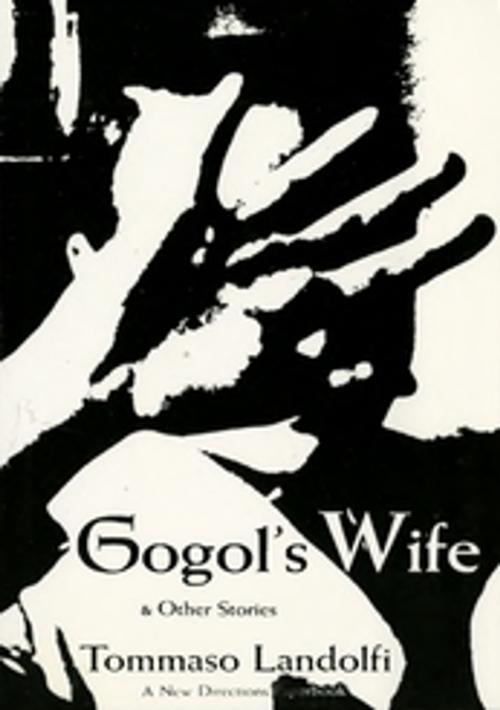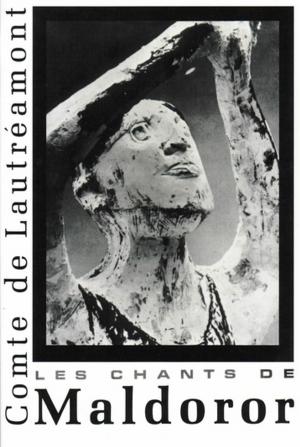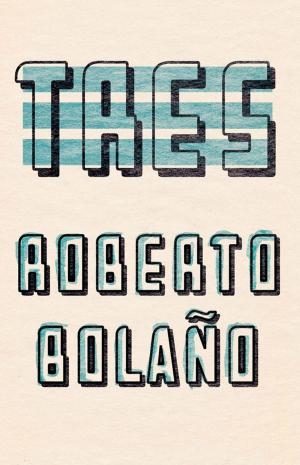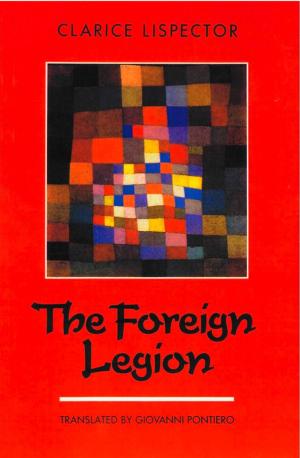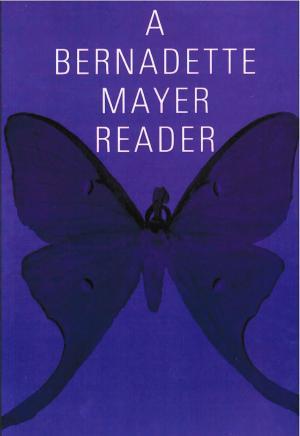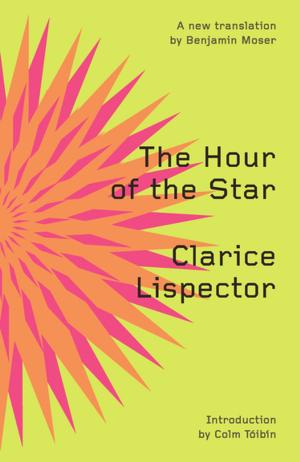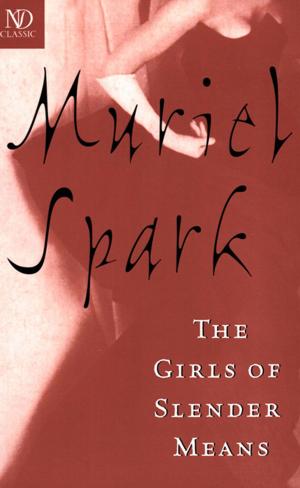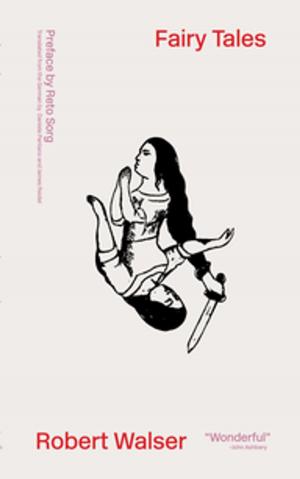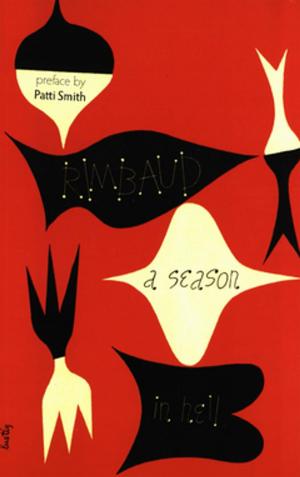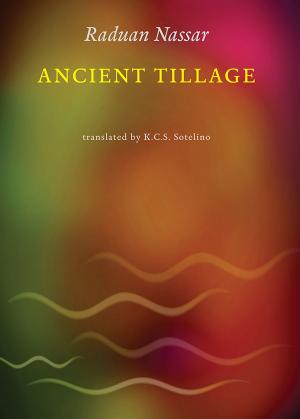| Author: | Tommaso Landolfi | ISBN: | 9780811226493 |
| Publisher: | New Directions | Publication: | January 17, 1963 |
| Imprint: | New Directions | Language: | English |
| Author: | Tommaso Landolfi |
| ISBN: | 9780811226493 |
| Publisher: | New Directions |
| Publication: | January 17, 1963 |
| Imprint: | New Directions |
| Language: | English |
Much admired in Europe, Landolfi has been called "the Italian Kafka"; he is often linked with the Surrealists, and in the intellectual quality of his fantasy there are certain affinities with Borges; but beyond these superficial comparisons, his is a truly unique––and fascinating––art. It is based in a prodigious imagination, a very curious sense of humor and a rare command of irony.
In 1964, with the stories of Gogol’s Wife, New Directions introduced English language readers to the indelibly strange Italian master Tommaso Landolfi. Each tale is more astonishing than the next (what with a sacrilegious ape and an inflatable wife), though the stories are all delivered in a smooth and oddly decorous way. Casting its spell, this combination of the outré and the well-mannered unnerves the reader. The stories’ duality is the stuff of nightmares, though the author’s real nightmare, according to his champion Italo Calvino, is 'that nothingness does not exist.'
Much admired in Europe, Landolfi has been called "the Italian Kafka"; he is often linked with the Surrealists, and in the intellectual quality of his fantasy there are certain affinities with Borges; but beyond these superficial comparisons, his is a truly unique––and fascinating––art. It is based in a prodigious imagination, a very curious sense of humor and a rare command of irony.
In 1964, with the stories of Gogol’s Wife, New Directions introduced English language readers to the indelibly strange Italian master Tommaso Landolfi. Each tale is more astonishing than the next (what with a sacrilegious ape and an inflatable wife), though the stories are all delivered in a smooth and oddly decorous way. Casting its spell, this combination of the outré and the well-mannered unnerves the reader. The stories’ duality is the stuff of nightmares, though the author’s real nightmare, according to his champion Italo Calvino, is 'that nothingness does not exist.'
